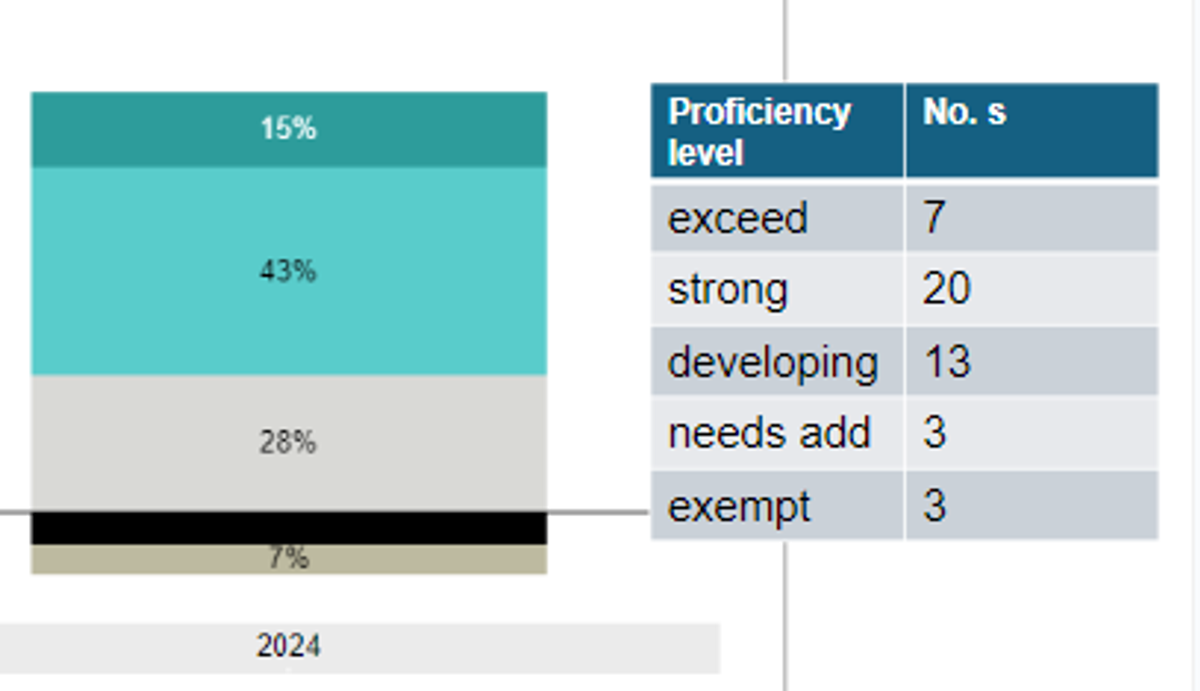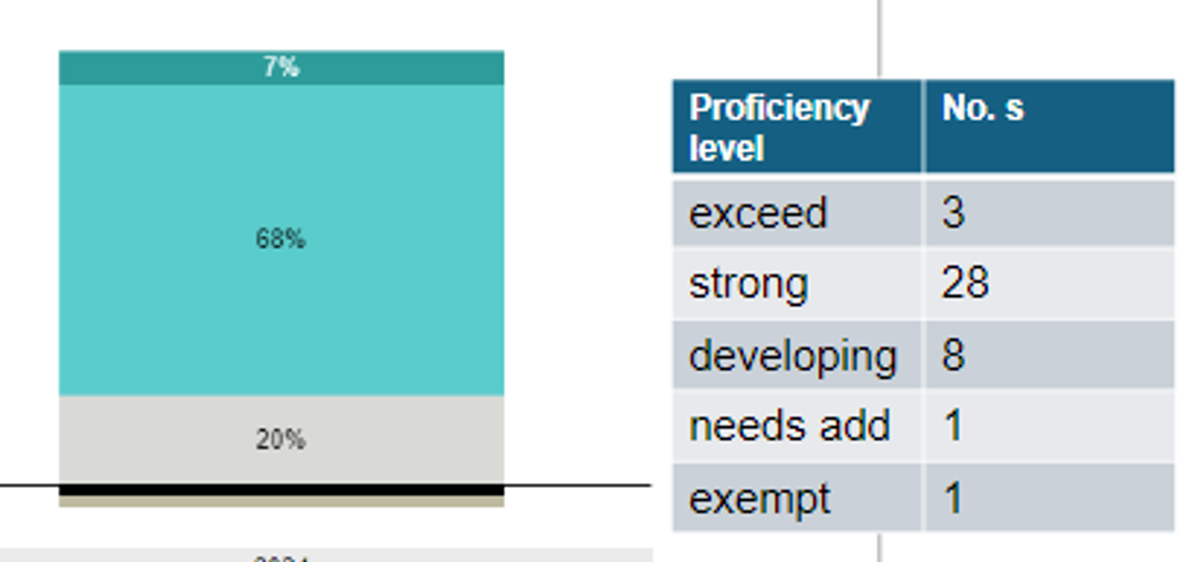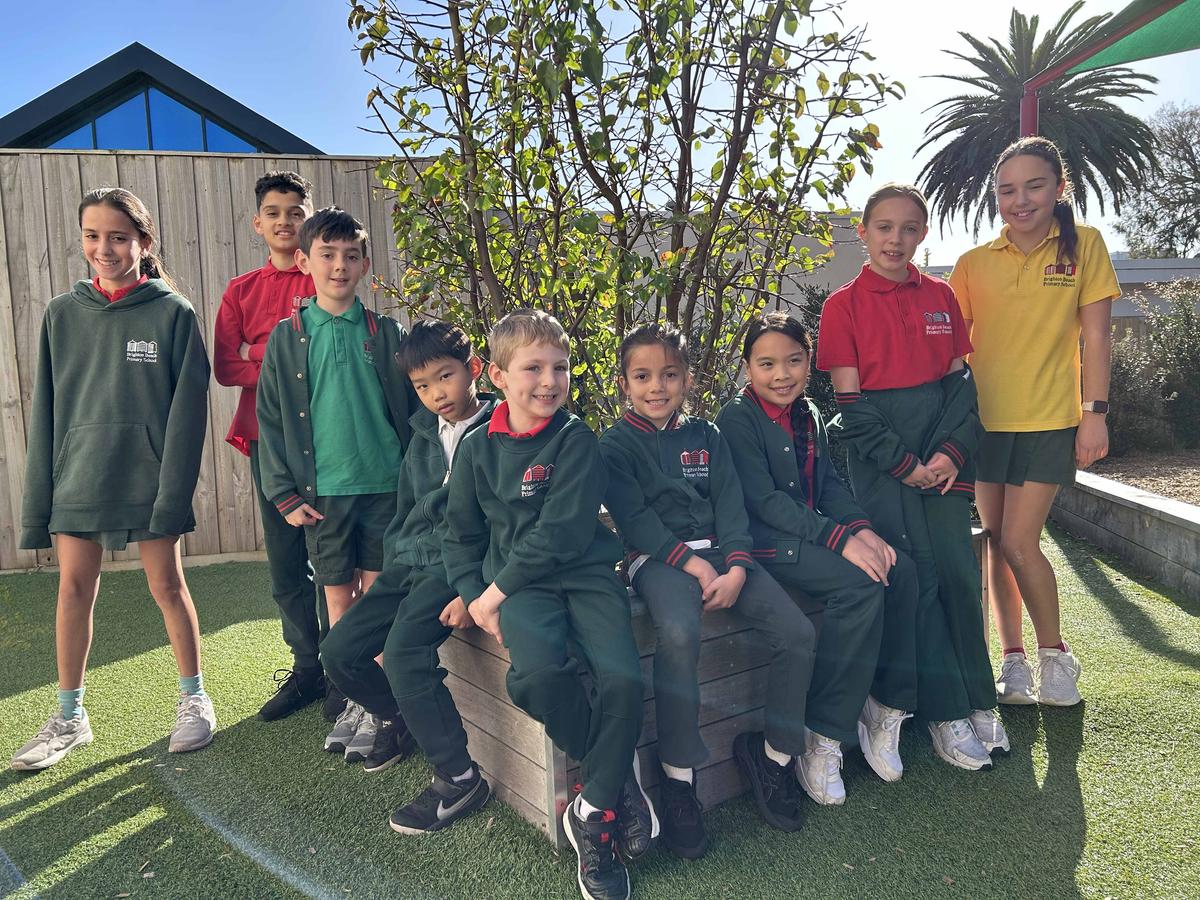BBPS Curriculum
Sophie

BBPS Curriculum
Sophie
SPELLING
Last week we shared our practice in the area of reading - reading and spelling are taught as reciprocal processes - this means that in every lesson taught, students are required to both recognise and write letters and their corresponding sounds (known as graphemes); and they are going to read and write words and sentences in partnership (more on writing next week). With much discussion around approaches to reading and writing currently taking place statewide and nationally, this week we explore some of the ‘teacher talk’ at play, and what this means at BBPS.
What is phonological awareness?
Phonological awareness refers to spoken language and the understanding that language can be broken down into smaller parts.
The development of phonological awareness, where students understand the sounds and the corresponding written letters and the application of these skills in reading and spelling are non-negotiable beginning reading skills that all children must master in order to understand and make meaning from what they are reading.
At BBPS, our junior team (P-2) build phonological awareness through aural/oral learning opportunities that require choral response such as singing; games that encourage students to identify pattern and rhyme, initial and ending sounds; tasks that encourage matching of picture to sound or explore word families.
What is phonics?
Phonics is teaching children how to read through making connections between spoken words and written language. The goal of phonics instruction is to develop readers and writers who can effectively and efficiently:
What about synthetic phonics? Synthetic phonics is a method of teaching where words are broken up into the smallest units of sound (phonemes). Children learn to make connections between the letters of written texts (graphemes, or letter symbols) and the sounds of spoken language. Students learn that spoken words are composed of sounds, and that letters represent these sounds, and that spelling involves listening for the sounds in words and representing it with a letter or letters.
At BBPS, early readers participate in daily explicit instruction where students are taught the letter or letter combinations that represent the 44 sounds or phonemes in the English language. Go to BBPS Life for more on how we do this.
What do we mean by a systematic approach?
Teaching graphemes in a particular order across the year (and from year to year), slowly building up in complexity (e.g. from single sound to digraph / trigraph, middle vowel sounds), allowing children to work to mastery through multiple opportunities for practice and review.
Vocabulary instruction: As students become more proficient readers, explicitly teaching vocabulary is necessary for children to be able to communicate and comprehend. Children who speak confidently generally have a wide vocabulary and can switch between quick spoken language and upscale to more complex words (ask your child in grade 3-6 about tier 2 words).
At BBPS we teach vocabulary through our reading program, therefore strengthening the relationship between written and spoken word. We explicitly teach morphology (word parts like suffix, prefix) and etymology (word origins and meaning) as part of our vocabulary instruction. This is a particular area of focus for us in the senior school (grade 3-6) to ensure we maintain high learning growth.
What parents can do at home to assist with vocabulary learning?
As with oral language, parents can best support their children in learning vocabulary by encouraging them to talk and listen for a range of different purposes and reading aloud to them often. Children learn new words by hearing them used meaningfully many times and by being encouraged to use new words in their own talk. Other ways to support vocabulary learning include the following:
• Become ‘word aware’ as you read aloud (or listen to audio books together in the car). One of the best places for children to hear new words used meaningfully is in great children’s literature. Comment on words you know are new to your child. What do they sound like, what could they mean, what do they remind you of?
• Get your children to become ‘word detectives’ when out and about. Notice new and interesting words on street signs, at the zoo or museum, on menus or on pamphlets.
• Use a wide vocabulary when speaking to your child. Encourage children to ask the meanings of unfamiliar words and to use new words in their own spoken communication. Draw attention to words that mean the same thing (synonyms).
Our spelling NAPLAN 2024 results are below (First image below, grade 3 spelling results detailing % of students in each proficiency level; Second image below, grade 5 spelling results). We celebrate the successes of our year 3 and 5 students, with the majority of our students considered ‘strong’ or ‘exceeding’. Excitingly, our growth data further shows continued high growth for our students from grade 3-5, reflective of the rigorous spelling approach in the middle school (see BBPS Life for more).




Our 2024 spelling bee took place last term and the Academic Captains, Noah and Taleen, did a great job hosting. Congratulations to all of our winners, a further opportunity to celebrate success at BBPS:
Prep: Zachary G
Grade 1: Layla A
Grade 2: George L
Grade 3: Isabel C
Grade 4: Vivi R
Grade 5: Josh C
Grade 6: Giselle C


Above: Taleen, Noah, Josh, George, Zachary, Layla, Isabel, Vivi and Gigi